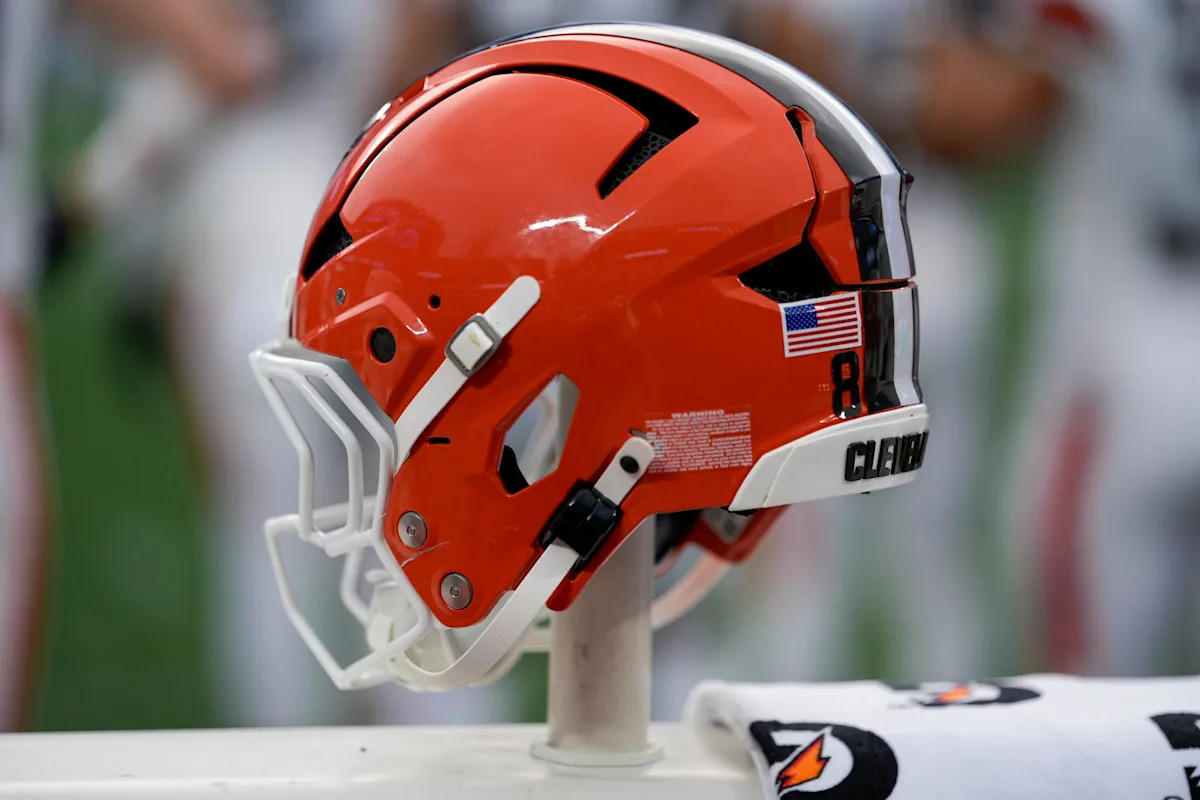Introduction
Blockchain governance—the process by which decentralized networks make collective decisions—has become increasingly intertwined with social media. Governance determines how protocols evolve, how funds are allocated, and how disputes are resolved in decentralized systems. Traditionally, governance has relied on on-chain voting or off-chain discussions among core developers. However, social media platforms such as Twitter (now X), Reddit, Discord, and Telegram have emerged as crucial arenas for debate, misinformation campaigns, and consensus-building in blockchain ecosystems.
The intersection of social media and blockchain governance introduces both opportunities and challenges. On one hand, platforms enable broader participation, transparency, and quicker decision-making. On the other hand, they can amplify misinformation, manipulation, and short-term trends that may undermine long-term protocol sustainability. This article explores how social media shapes blockchain governance, with real-world examples, key insights, and emerging trends.
The Role of Social Media in Blockchain Governance
1. Enhancing Decentralized Participation
Blockchain was designed to democratize decision-making, and social media accelerates this by lowering barriers to entry. Platforms like Discord and Telegram allow community members—whether developers, investors, or enthusiasts—to voice opinions, propose changes, and rally support for governance proposals.
- Example: The Uniswap DAO (Decentralized Autonomous Organization) often sees debates on Twitter and governance forums before official proposals are submitted. Influencers and thought leaders shape discussions that later translate into on-chain votes.
2. Amplifying Influence of Key Figures
Social media creates "super voters"—individuals or entities whose opinions can sway governance outcomes due to their follower base. Ethereum’s Vitalik Buterin, for instance, has significant influence on blockchain governance discussions via his Twitter feed, shaping discourse on critical protocol upgrades.
- Statistic: A 2022 study by Chainalysis revealed that large holders (whales) and prominent influencers disproportionately influence DAO voting outcomes, sometimes skewing decentralization ideals.
3. Misinformation and Manipulation Risks
Anonymous accounts and coordinated campaigns can spread FUD (Fear, Uncertainty, Doubt) or create artificial hype around governance proposals.
- Case Study: In 2021, a fake proposal on Compound Finance’s governance forum tricked users into supporting a malicious change. The proposal spread rapidly on Twitter before being debunked by the community.
Recent Developments and Real-World Applications
1. Twitter as a Governance Battleground
Elon Musk’s acquisition of Twitter (X) has intensified crypto-related discussions, with memecoins like Dogecoin and governance decisions of major blockchains (e.g., Ethereum’s Merge) being debated publicly.
- Example: The Arbitrum DAO controversy in 2023 demonstrated how Twitter backlash forced the project’s foundation to reverse a contentious governance proposal regarding fund allocation.
2. Reddit’s Community-Powered Governance
Reddit’s "Community Points" system (powered by blockchain) allows users to earn and vote on subreddit decisions. This experiment highlights how social platforms can integrate token-based governance.
3. Discord & Telegram: The Engines of DAO Discussion
Most DAOs use Discord and Telegram to facilitate real-time debates.
- Statistic: Over 80% of top DAOs rely on Discord for coordination, according to DeepDAO.
- Example: The Aave community frequently uses Discord to refine proposals before they go to a formal vote.
Key Challenges and Ethical Considerations
1. Sybil Attacks & Vote Manipulation
Social media allows individuals to create multiple accounts to simulate broader support. Some DAOs combat this by implementing Sybil-resistant mechanisms (e.g., proof-of-humanity checks).
2. Short-Termism vs. Long-Term Vision
Trend-driven governance—where proposals gain traction based on viral narratives rather than technical merit—can lead to suboptimal decisions.
3. Regulatory Scrutiny
As governance debates spill into public platforms, regulators may increase oversight, especially if social media campaigns lead to market manipulation.
Future Trends
-
AI-Powered Governance Assistants
- AI tools (e.g., OpenAI’s ChatGPT) could summarize governance debates, detect manipulation, and provide neutral analyses of proposals.
-
Decentralized Social Media + Blockchain Governance
- Platforms like Lens Protocol and Farcaster integrate blockchain-based identity, reducing spam and improving deliberation quality.
- Layer-2 Governance Solutions
- Scaling solutions (e.g., Optimism’s "Citizen House") may delegate governance discussions to specialized social platforms.
Conclusion
Social media is a double-edged sword for blockchain governance. It enables unprecedented participation but also introduces risks like misinformation and centralization of influence. The future will likely see AI moderation, decentralized social platforms, and better resistance to manipulation. As blockchain governance evolves, participants must balance openness with safeguards to ensure decisions reflect genuine consensus rather than viral trends.
For decentralized systems to thrive, governance must harness the strengths of social media while mitigating its weaknesses—a challenge that will define the next era of blockchain innovation.
Word Count: ~1250 words




